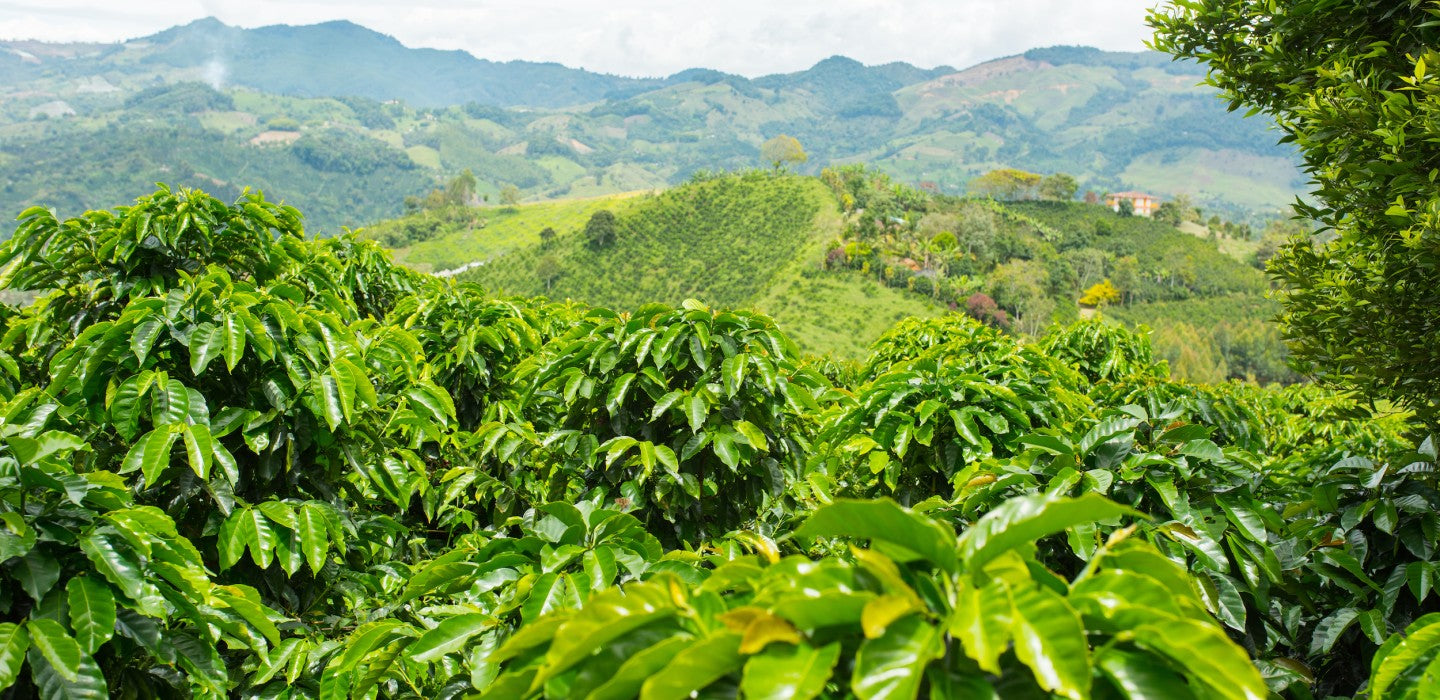Coffee Fermentation: From Bean to Brew
In our quest to understand coffee's rich complexity, we encounter numerous processes, each shaping the coffee's final signature. Among these, fermentation stands out as an intriguing and crucial aspect, often shrouded in the mystery of science and tradition. Fermentation, or more commonly called 'fermenting,' is a process crucial in crafting the flavor nuances found in your favorite coffee blend.
The Science Behind Fermentation
At its core, fermentation involves the transformation of organic materials. Whether we're talking about the creation of certain types of food and beverages or decomposition in nature, fermentation is a common and essential biological process.
In a more specific context, this transformation is often achieved with the help of bacteria, fungi, or cell, or by introducing enzymes known as 'ferments.' Biotechnology harnesses this procedure to ensure precision and consistency in the end products.
The Pivotal Role of Fermentation in Coffee Production
In the world of coffee, fermentation plays a significant part. It's during this process that the tannins found within the coffee beans are reduced. Tannins, often associated with astringency in flavors, when properly fermented, give coffee its distinctive taste characteristics.
Timing The Fermentation in Coffee Production
The process of fermentation occurs chiefly during the wet processing of coffee beans. This part of the process involves submerging roughly-hulled beans in water, thus initiating fermentation.
Before submerging the beans, the coffee cherries' pulp is removed, leaving behind the beans shrouded only in the parchment skin and silver skin. The beans are then left in a water bath for approximately 12 to 16 hours, triggering the fermentation process.
A well-executed fermentation phase lends the coffee a lively taste and prominent acidity. However, one must tread carefully as overextended fermentation can lead to undesirable flavors in the coffee; it could sully the water in the tank with residue from the fruit flesh.
Decoding the Impact of Fermentation on Coffee
The influences of fermentation on coffee reach far beyond the final brew; it's integral to the coffee bean's journey from cherry to cup.
Through fermentation, enzymes break down the sticky residual layer that coats the parchment skin of the coffee beans. More than just a cleansing process, fermentation is pivotal to the development of coffee's distinct aromas. It decisively impacts the final taste profile and the quality of the coffee.
Such is the significance of fermentation that many coffee producers now have systems in place to control the rate and uniformity of the process. By slowing it down, they ensure a more consistent fermentation, which reflects in the overall consistency of the coffee they produce.
Fermentation vs. Fermenting: Understanding the Difference
While 'fermentation' and 'fermenting' are often used interchangeably, it's important to understand the subtle differences. Fermentation refers to processes that can occur either with or without oxygen (known as aerobic and anaerobic processes). On the other hand, fermenting is a specific kind of fermentation occurring exclusively anaerobically, i.e., without oxygen.
To the untrained eye, deciphering the mysteries of coffee's preparation can be overwhelming. However, if we dig into each process like fermentation, a world of flavors opens to our understanding. With each revelation, we glean deeper insight into how each cup of coffee gets its characteristic taste, aroma, acidity, and body. As such, next time you savor your favorite coffee, remember to appreciate the art and science of fermentation that contributes to its splendid allure!





